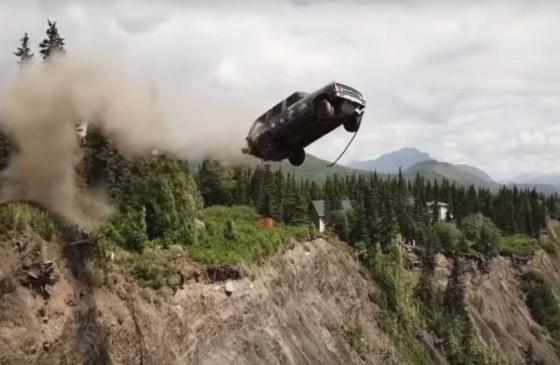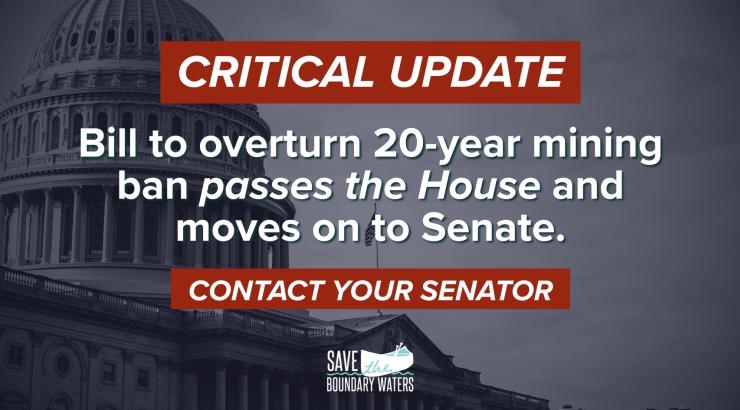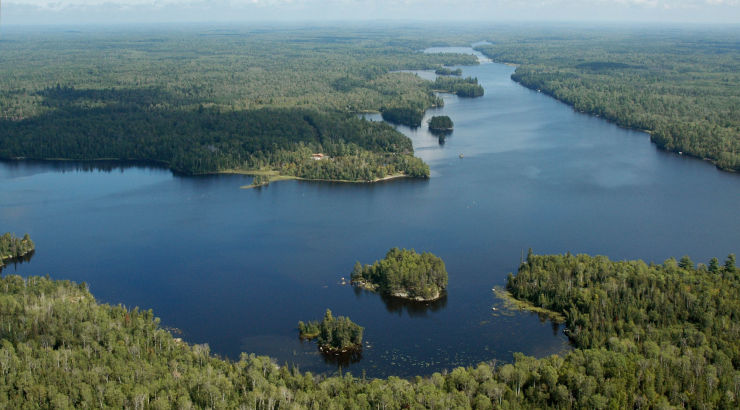(Ely, MN)--Yesterday in a hearing before the U.S. Senate Energy and Natural Resources Committee Julie Padilla, Chief Regulatory Officer for international mining conglomerate Antofagasta's Twin Metals, doubled-down on and dismissed the inherent risk of its proposal to mine sulfide-ore on public lands right next to Minnesota's Boundary Waters Wilderness.
Responding to a question from New Mexico Sen. Martin Heinrich about the risk to the Boundary Waters, Padilla quipped "everything has a risk" and compared it to driving without a seat belt, saying:
“...these are industrial activities. Every human activity involves risk and so when we ask simple questions and expect a simple answer, that's a problem. When I get into a car, I choose whether to put on a seatbelt, I choose whether to take that risk and there's laws in place that determine whether I should do that or not. So when we are talking about whether an industrial project has any risk of impacting anything, certainly we have that risk.” [1:20:16]
This is the second time that Twin Metals, and Padilla in particular, has admitted that the proposal for a sulfide-ore mine upstream of the Boundary Waters, determined by the EPA to be America's most toxic industry, is risky. In November of 2019 Padilla told the Star Tribune newspaper it “wasn’t a fair question” to ask if the Twin Metals mine would pose zero risk to the Boundary Waters.
Contrary to Padilla's obfuscation, the risks to the Wilderness are not slim, but are in fact sky-high. In a follow up exchange with Dr. Paul Ziemkiewicz, the Director of the West Virginia Water Research Institute, Sen. Heinrich asked whether a mine like Twin Metals in a water rich environment is more risky than in a dry environment. Dr. Ziemkiewicz answered:
By definition it'll be, it'll be wet enough to generate acid mine drainage. So unless you put a plastic cover over the entire, all of the potentially acid producing rock on the site, it will produce some acid. [1:20:46]
The EPA has determined that the Duluth Complex, the ore body Twin Metals is proposing to mine, is acid generating, and numerous peer-reviewed scientific studies have shown the near certainty that a sulfide-ore copper mine next to the Boundary Waters would pollute the pristine waters of the Wilderness. The US Forest Service in 2016 completed a two-year review of the science and found that a Twin Metals mine would pose an "unacceptable" risk to an "irreplaceable" location, and that any pollution could not be fixed or mitigated.
The Minnesota Pollution Control Agency determined the waters where Twin Metals would put its mine to be "immaculate," and Federal law prohibits any water quality degradation in the Boundary Waters. Twin Metals is demanding that the American people put those waters at risk for the benefit of an international mining company.
During the hearing Twin Metals also continued to push its discredited mischaracterization of the importance of its mine to meeting US mineral demand as justification for risking the Boundary Waters, when the facts are clear we do not need to choose between protecting the Wilderness and transitioning to a clean energy economy.



